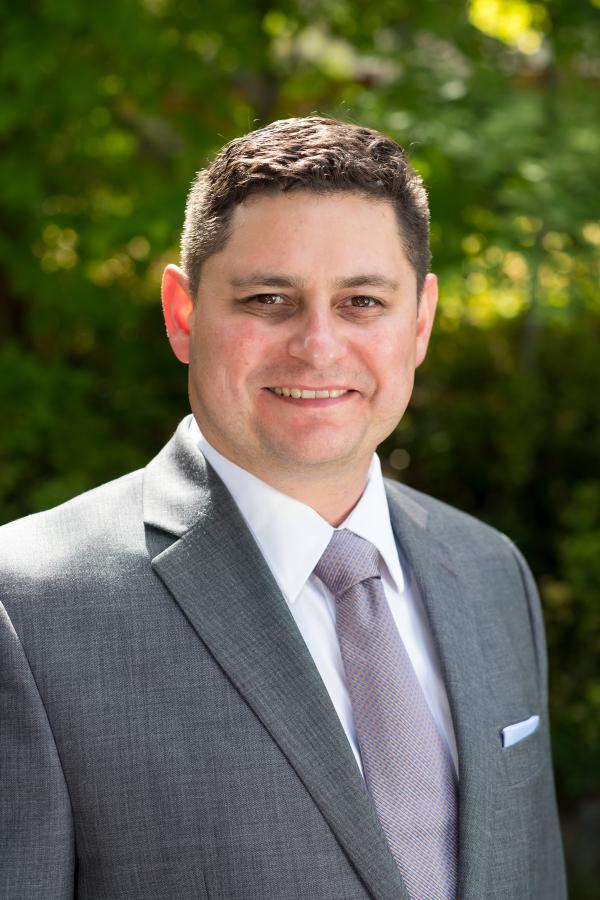
Dan Liefwalker
Dan Liefwalker
Research
The Liefwalker lab investigates oncogene biology using conditional expressing models of oncogene-driven cancers, with a particular focus on c-MYC (MYC). Despite being the first human oncogene discovered the primary role and function of MYC remains a subject of debate. As a master transcription factor, c-MYC (MYC) is known to regulate up to 30% of the genome, and promotes pluripotent stem cell reprogramming, self-renewal, cell identity, and cell plasticity—all of which are common features of cancer. In normal cells overexpression of MYC results in cell death, however in cancer settings MYC overexpression enhances cell survival. The Liefwalker lab’s primary focus is to understand how MYC evades apoptosis in cancer, and to seek therapeutic opportunities to restore cell death selective to MYC-dependent malignancies.
Metabolic reprogramming
The Liefwalker lab previously identified a reliance in oncogene driven hematopoietic malignancies on lipid biogenesis and demonstrated the selective vulnerability of cancer cells to the blockade of this pathway. We traced the precursor substrates to MYC-dependent reprogramming of the TCA cycle, resulting in increased export of citrate from the mitochondria. We are interested in determining the specific classes of lipids that support MYC-dependent directives.
Epigenetic rewiring
MYC is known to amplify active transcriptional programs, a term called “invasion,” further masking the identification of a core gene signature required for MYC-dependent malignant transformation. To achieve this, chromatin availability must be increased. Histone acetyltransferase activity is known to unwind DNA from the nucleosome rendering increased accessibility. Histone demethylases on the other hand suppress transcription by decreasing methylation on histone tails. The required substrates for these enzymatic interactions can be sourced from the TCA. Our lab focuses on the ability of MYC to limit or enhance the activity of these histone modifying enzymes, and the role of this process in the evasion of apoptosis
Complex systems
Cancer is comprised of heterogeneous populations of dysregulated cell types with both intrinsic and extrinsic interactions, a feature of complex systems. The range of potential behaviors determine the complexity of the system, and cancer systems biology this range is amplified through a negotiated equilibrium of mechanisms that contribute to the overall state of a complex system. The Liefwalker lab views cancer as a mismatch in how a body manages complex systems. We seek to uncover the underlying complexity and tension of the network to identify emergent properties and tipping points related to cancer initiation and vulnerabilities that can be exploited as therapeutic strategies.
Education
Ph.D., Department of Environmental and Molecular Toxicology, Oregon State University, 2007-2013
Postdoctoral scholar, Division of Oncology, Stanford School of Medicine, 2013-2018
Research Assistant Professor, Department of Molecular and Medical Genetics, Oregon Health & Science University, 2018-2023
Assistant Professor, Oregon State University, 2024-present
Awards
- Geographic Management of Cancer Health Disparities Pilot Award, Fred Hutchinson Cancer Center, 2023-2024 The Collins Medical Trust, 2022-2024 Minorities in Cancer Research Faculty Scholar Award, American Association for Cancer Research 2022 Oregon Clinical and Translational Research Institute Scholar 2018-2023 OHSU School of Medicine Faculty Innovation award, 2019- 2020 Mentored Career Development Award (K01) (National Cancer Institute), 2018-2023 Burroughs Wellcome Fund Postdoctoral Enrichment Award, 2013-2018 National Research Service Award (NRSA) (National Cancer Institute), 2010-2013 P.F. Yerex & Nellie Buck Graduate Fellowship, Oregon State University, 2011-2012 Diversity advancement pipeline fellowship, Oregon State University, 2009-2010